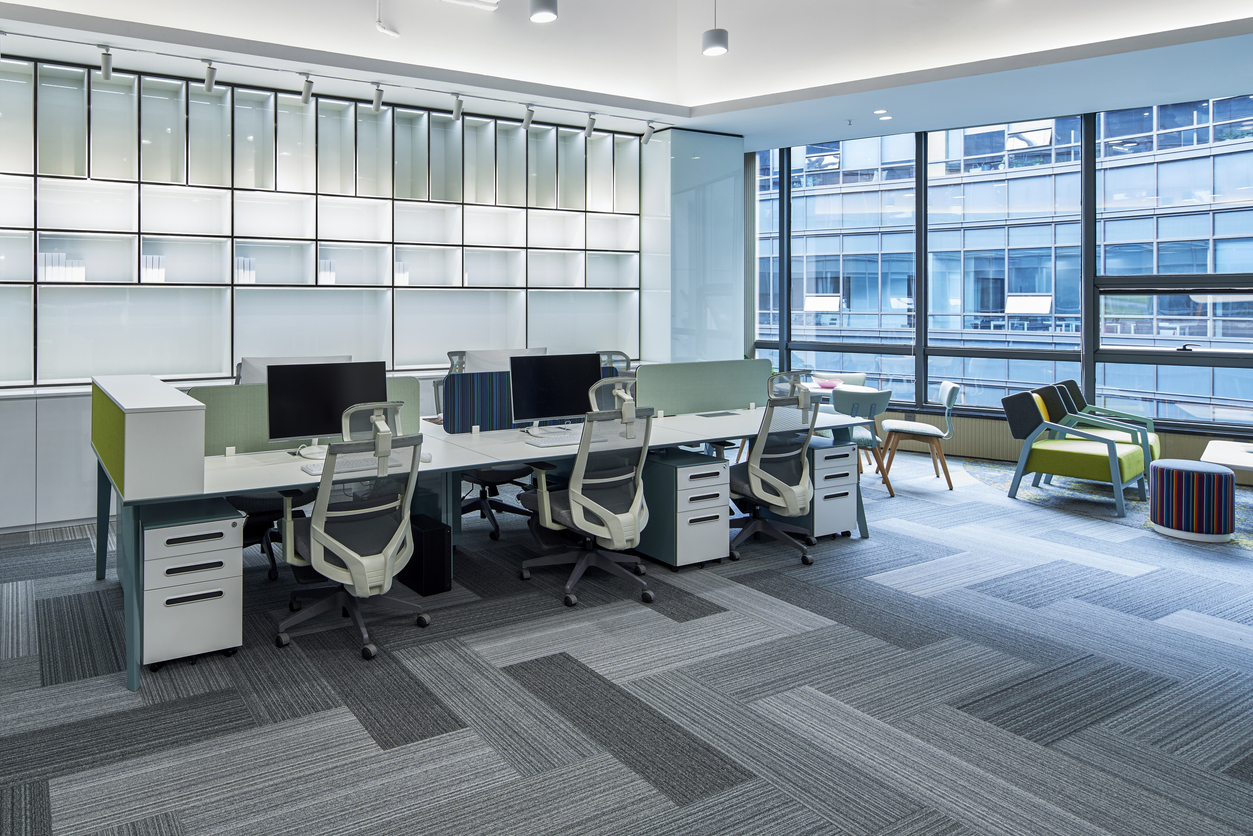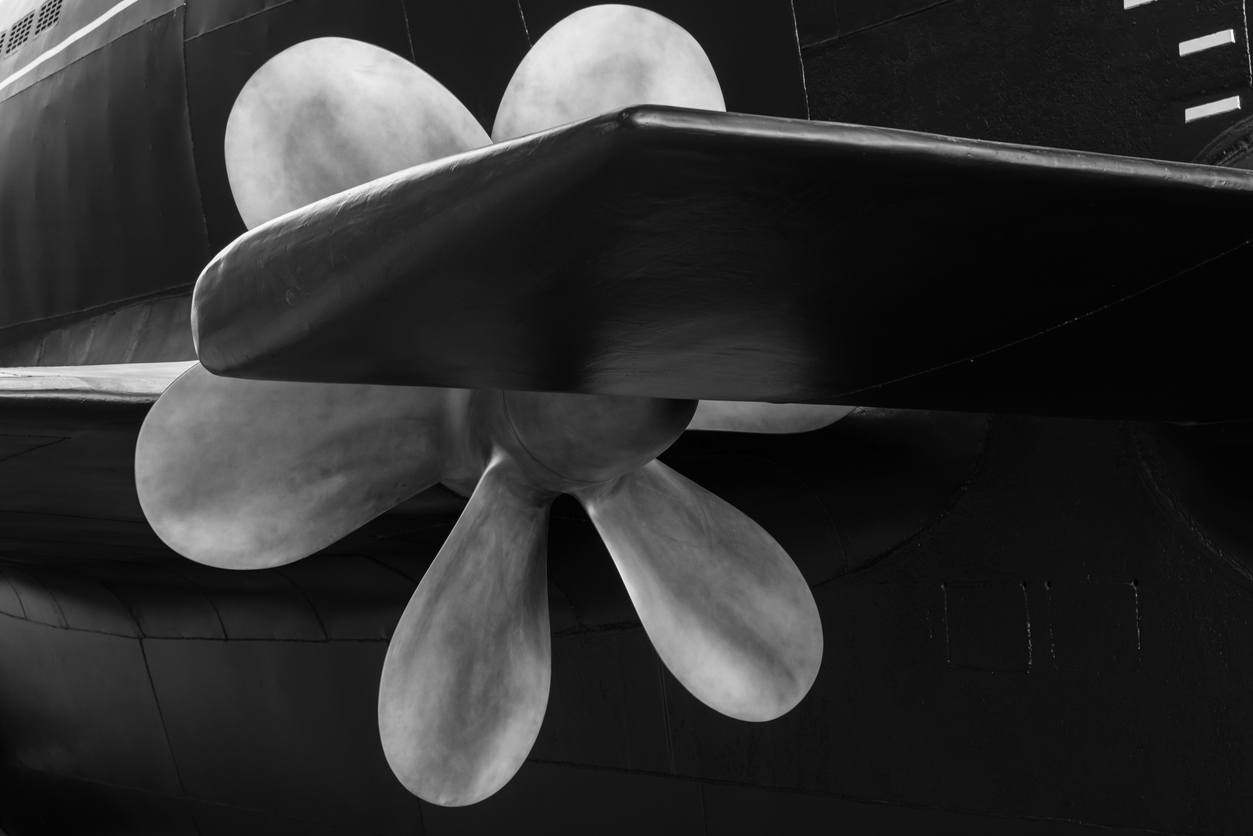How to Export Starches From Nigeria: The Ultimate Guide
How to Export Starches From Nigeria: The Ultimate Guide
Planting, harvesting, and processing starch-producing plants is a common practice in Nigeria. Rice, maize, cassava, sorghum, and yams are all popular crops. These plants need to be processed before they can be eaten or sold to consumers. These days, many people use a technique called wet milling for this process. Wet milling involves boiling the plant and draining the water away from it. The water may then be used as fertilizer or animal feed for livestock.
What is wet milling?
Wet milling is a process used to extract starches from plants. The plant is boiled and the water is removed. This process can take up to 2 hours. The end result is a pure starch that can be used in many different ways.
Wet milling has many advantages. It’s an inexpensive process that produces a large amount of starch in a short amount of time. It also doesn’t require a lot of heat or electricity, so it’s an environmentally friendly process as well.
How do you know if you have the right mix? Read on to find out!
What is the process of wet milling?
In wet milling, the plant is boiled and the water is drained away. The process is repeated until the plant has been reduced to a pulp. It’s important to use clean water and not leave any of the plant material in the water.
After the plant has been reduced to a pulp, it’s time to dry it. There are two common methods for drying: sun-drying and oven-drying. Sun-drying is often used for plants that grow in humid climates. Oven-drying is often used for plants that grow in arid climates.
The final step before the starch can be eaten or sold to consumers is to grind it up. This process can be done by hand or with a machine. The plant starch can be made into flour or other products like noodles or noodles soup after it’s been processed and dried. As you can see, there’s a lot of steps involved in making this food product delicious and ready to enjoy!
Why is wet milling important in Nigeria?
So, why is wet milling important? One reason is that it allows the starch in the plant to be extracted without drying. This prevents the plant from becoming brittle. It also reduces the amount of water needed, which is a huge benefit in a country where water is scarce. The final reason wet milling is important is that it can be done on a much smaller scale, which is good for farmers in Nigeria.
How do you export starches from Nigeria with wet milling?
Wet milling is a process that is performed by many companies in Nigeria to produce starches for food and animal feed. Wet milling involves boiling the plant, draining the water away, and then drying the plant.
Wet milling is a very common process for Nigerian starch production. The process can be done anywhere with minimal equipment making it an economical option for many companies.
If you’re looking to export starches from Nigeria, this process may be a good choice for you.
Conclusion
After reading this article, you should have a better understanding of how to export starches from Nigeria. You should also know how wet milling is done and be familiar with the benefits of this technique.
Now that you know the basics, you can start to plan your starch exporting business in Nigeria. Remember, when it comes to investing in Nigeria, the sky is the limit!








LEAVE A COMMENT
You must be logged in to post a comment.